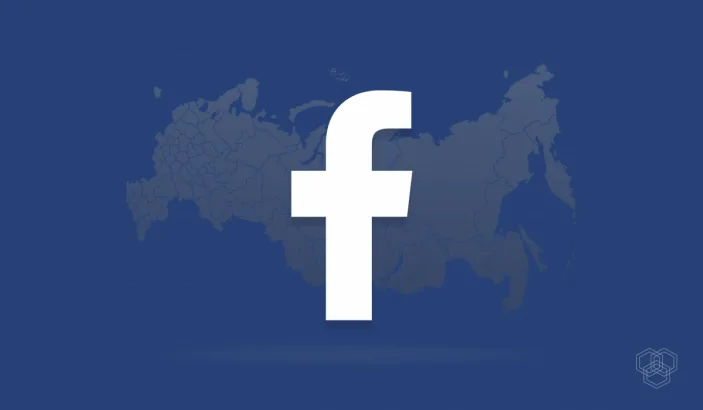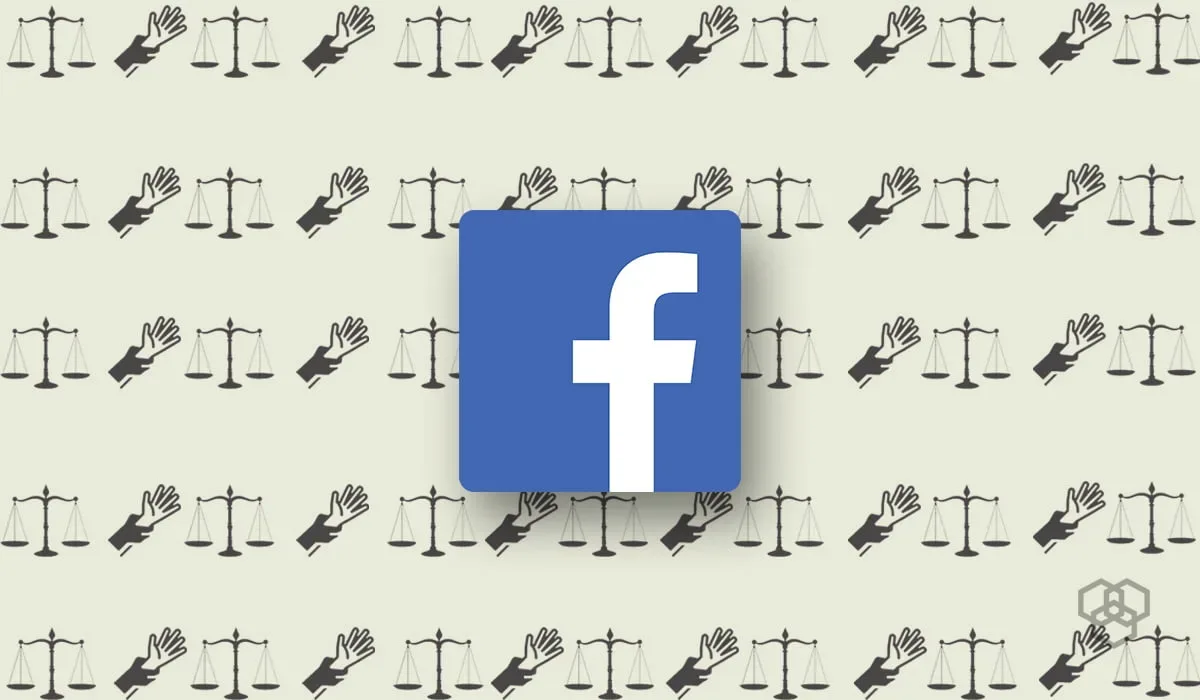On Friday, Facebook suspended several pages that published viral “news” videos viewed by millions that failed to disclose their Russian affiliations.
After years of failing to suspend or close accounts potentially affiliated with misinformation campaigns, Facebook is now trying to increase transparency about who, exactly, is running pages that post news and propaganda.
In order for the pages to return to the platform, their admins will have to disclose where they are running the pages from and any government or parent company affiliations.
CNN reported that the three pages in question are run by Maffick Media, of which Ruptly, a video news agency, is a major stakeholder. Ruptly is a subsidiary of RT Media, which is funded by the Russian government.
The Maffick Pages
Maffick was running three pages: Soapbox, which published content about current affairs; Waste-Ed, focusing on climate change and the environment; and Backthen, a history site focusing on the role of Western imperialism in shaping the world.
These pages have only been active since September, but have gathered more than 30 million views on their videos in that short time.
The content in and production of Maffick videos is aimed specifically at American millennials. They specialize in criticism of US policies while steering clear of Russian politics.
Rania Khalek is one of the presenters in Maffick’s videos. In an interview defending the videos, she said:
“Working for In the Now, or working for Soapbox, or Maffick, is not an endorsement of the policies of its sponsors, just like working for CNN is not an endorsement of the pharmaceutical companies or weapons companies that play advertisements on CNN. Or just like working for the BBC or Al-Jazeera is not an endorsement of the policies of the British government or in Al Jazeera’s case, Qatar’s absolute monarchy.”
Facebook in Uncharted Territory
Facebook does not formally require pages to disclose their parent companies at the moment, and so Maffick has complained that the media is holding them to a different standard. They have also insisted that every digital media company has outside funding that the public is generally not interested in.
The chief operating officer of Maffick Media, J. Ray Sparks, said in reply that they are “editorially independent” of RT Media and that few other media outlets disclose their connections:
“Because that’s standard industry practice. We get this question a lot, and it’s a funny question to me because why does Great Big Story not put CNN on their Facebook page? Why does CNN not put Time Warner on their Facebook page? The audience is not interested in these things.”
Ben Nimmo, a senior fellow at the Atlantic Council’s Digital Forensic Research Lab, told CNN that while the outlets claim to be editorially independent, “they routinely boost Kremlin narratives, especially those which portray the West negatively” and that Maffick’s pages are “broadly anti-US and anti-corporate,” a tone that matches RT’s output very closely.
A Facebook spokesperson said of the situation:
“People connecting with [pages] shouldn’t be misled about who’s behind them. Just as we’ve stepped up our enforcement of coordinated inauthentic behavior and financially motivated spam over the past year, we’ll continue improving so people can get more information about the pages they follow.”





Share Your Thoughts